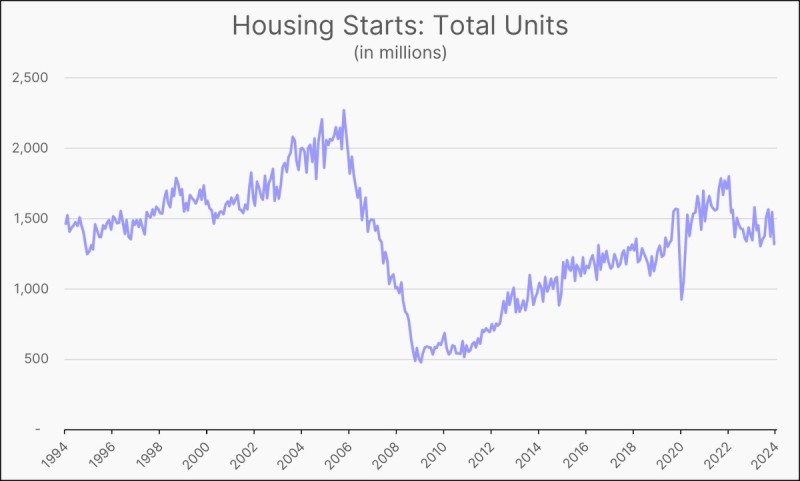Advertisement
AllRegs Launches Consumer Complaint Policy Manual

The Dodd-Frank Act provides authority to the Consumer Financial Protection Bureau (CFPB) to prevent financial harm to consumers. One of the CFPB’s strategies to accomplish this goal is to handle complaints and inquiries regarding challenges that consumers face in the financial marketplace, including mortgage products and services. The CFPB monitors and shares the complaint data it collects with other regulators for investigation and enforcement of consumer protection laws.
Are you looking for a source to guide development of your company’s consumer complaint process? The AllRegs Consumer Complaint Policy Manual is designed to aid mortgage brokers, lenders and originators in the development of a consumer complaint process. In today’s lending environment, a consumer complaint policy is integral to establishing a compliance management system called for by the CFPB. This document reviews the need for a consumer complaint policy and the risks of non-compliance; identifies existing complaint portals managed by industry regulators; outlines the framework of a consumer complaint process; and provides training protocols and best practices to effect process implementation.
This Policy Manual features the following:
►Federal regulations surrounding consumer protection laws
►The risks associated with non-compliance
►The differences in customer communications relating to feedback, inquiries and complaints
►The requirements surrounding Consumer Complaint Management
►A Consumer Complaint Policy that can be adjusted or tailored to the needs of your organization
Several federal offices require implementation or access to this manual, including:
►The Consumer Financial Protection Bureau (CFPB)
►Fannie Mae
►Freddie Mac
►Federal Trade Commission (FTC)
►Office of the Comptroller of the Currency (OCC)
►U.S. Department of Housing & Urban Development (HUD)
AllRegs Policy Manuals are offered for a one-time purchase price per company. The templates are delivered in an MS Word document and can be personalized by the customer, using their company brand by performing a simple find and replace function, or customized to include their own internal policy and procedures.
Additionally, AllRegs provides a variety of services to help mortgage professionals implement their new policy. Services include: Regular manual updates to follow recent policy changes, customization of manuals to match an organization’s brand and internal policies through Make It Mine, or publishing policies online in the same online database as their federal and state regulations. Additionally, the AllRegs Professional Services Team offers a comprehensive analysis of an organization’s policy manual library to ensure compliance of all the latest federal or state regulations and guidelines. These services help mortgage businesses rest assured that their policy library and business practices are ready for their next audit.
To learn more, visit us at www.allregs.com or contact your dedicated account executive at (800) 848-4904, Monday through Friday, between the hours of 8:00 a.m. and 6:00 p.m. CT.
About the author





